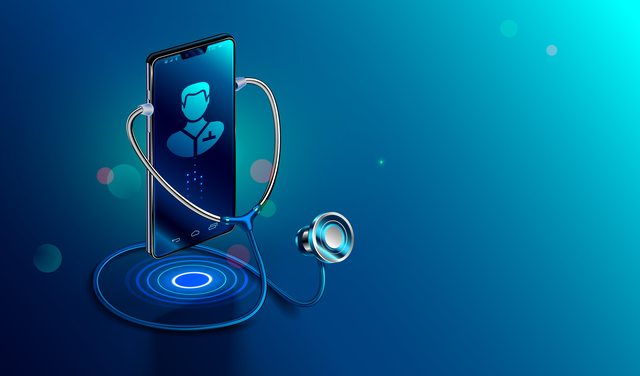New technologies are developed and quickly integrated into our daily lives on a regular basis. Emerging technologies in healthcare continue to change the way the industry functions. Although new technologies can add value and streamline processes, the rapid changes can also take time to manage.
Latest technologies and their integration
1. Using IT to improve patient experience
As patients become more involved in their healthcare, organizations will keep up by providing options that allow the patient to have more control. In particular, healthcare organizations will be investing in care delivery models, where patients can access their data through apps and portals.
The days of waiting on snail mail or an old fax machine for a medical record to arrive at the appropriate place could soon be in our rearview mirror with these new approaches.
2. Progression towards digital health
Complete digitalization continues to be the goal in healthcare, but the focal point has shifted from simply the concept of going digital to actual measurable outcomes. Steps are being taken to determine how to use these technologies to improve financial and clinical outcomes. Amazon, Google, and Apple may aim to be part of the digital reinvention of healthcare.
3. AI and data visualization
Providers see the potential for artificial intelligence (AI) and using it to collect patient information. The goal is to use AI to help with various functions. Some of these include helping to improve decision making among clinicians, reducing financial risk, and developing population health initiatives for chronic disease management.
4. Tech used to better segment populations
One advantage of recent technological developments will allow for better segmentation of patient communities. Clinicians will be able to use the collected data in more effective ways to optimize treatment outcomes, thus improving the ability to treat more patients successfully. Predictive analysis can be used among clinicians and hospitals to identify high-risk patients, and provide better care, or refer them to the appropriate resources.
5. More virtual healthcare options
Virtual healthcare continues to gain attention in the medical world. Providers will continue to push for implementing this, as it can reduce costs and improve efficiency. The push for this level of convenience through virtual care opens up more healthcare options to patients in rural areas, and helps close the gap for those who may not have the same level of medical treatment options.
6. Increased interoperability
The ability for healthcare systems to work together across organizational boundaries can be improved through emerging technologies as well. Any areas of lack of interoperability will slow the growth of positive momentum in healthcare. Decision-making abilities among clinicians can be improved as well as the overall efficiency in patient care.
7. Improved electronic health record (EHR)
Electronic healthcare records (EHR) are being more widely used throughout organizations. However, new platforms and infrastructures are needed in order to gain control over older data that still remains unstructured.
Controlling unorganized records can be key to keeping them secure as well. EHRs have a high value on the black market, since recovering the information is complex and time-consuming. Sensitive data like social security numbers, and dates of birth can create major risks on identity theft.
Furthermore, policy numbers and diagnosis codes can be used to file false insurance claims or purchase medications. Using new platforms to maximize organization of EHRs will prevent any data from slipping through the cracks and being vulnerable to hacker attacks.
8. Increased use of the cloud
Cloud-based systems are being used more often and attributed to solutions for many IT needs. As costs continue to rise, hospitals and practices will find it increasingly difficult to find IT personnel to maintain their on-premise systems. The solution is to work with an IT support team to provide cloud IT services. Cloud-based systems can be used to extend the reach of your data, marketing, and ground floor outreach.
9. Better data security
You want to keep your data secure and stay HIPAA compliant, but the challenge to achieve complete security continues to grow. Data breaches, ransomware, phishing scams, and the numerous ways that hackers try to steal sensitive data place a great significance on cyber security.
New technologies also lure hackers to find new ways to infiltrate them. Hackers are creating audio-video files of real people, opening a scary pathway to mimic leadership or spokespeople of certain brands. Smaller businesses are becoming a target more often too, as larger businesses implement ways to keep themselves secure. Health records must be protected, so healthcare organizations must adapt to these modern technologies while improving their cybersecurity to match in order to keep them safe.
For more information
Take action that secures your digital infrastructure and patient data. For more information, contact Scale Technology today at (501) 213-3298.



